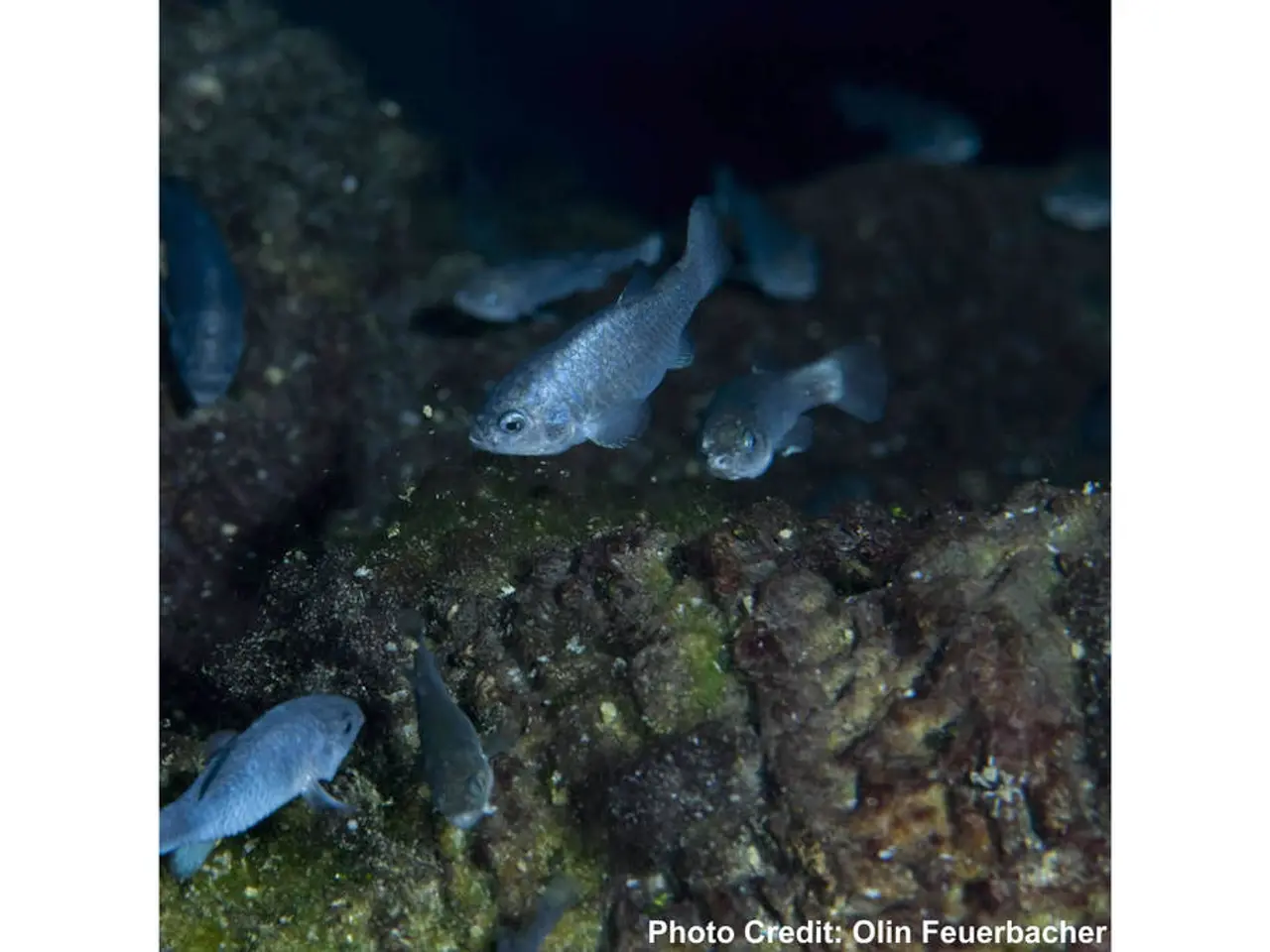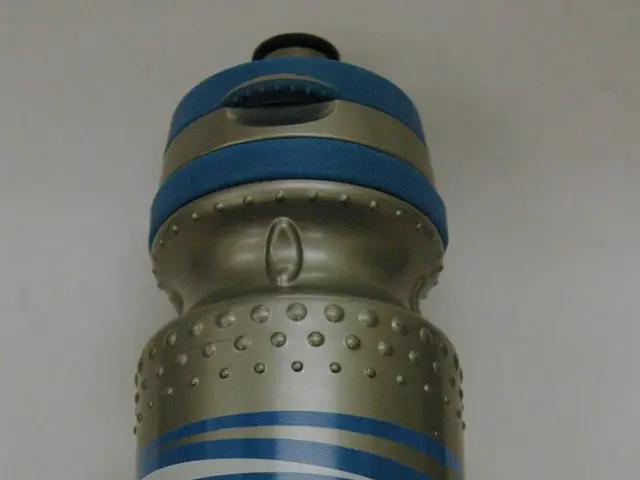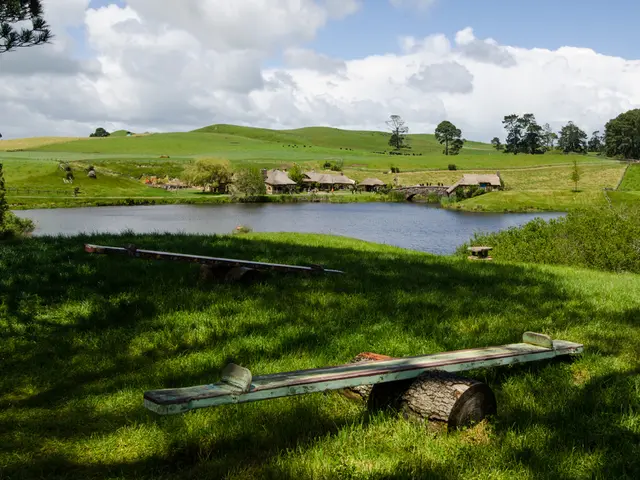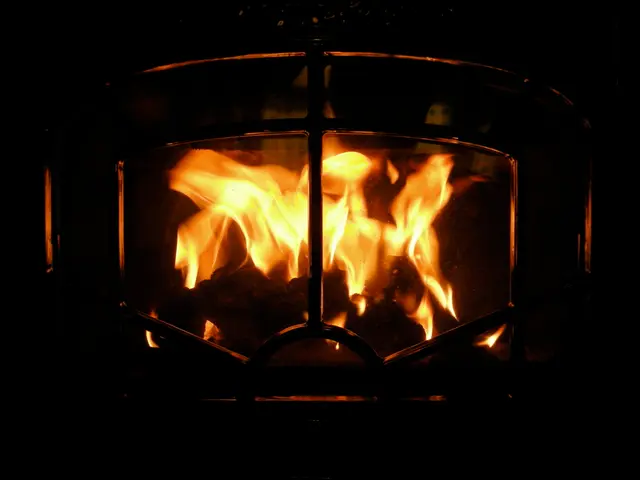Cameroon Fights IUU Fishing with New LCMCs in Douala-Edea National Park
Local Collaborative Management Committees (LCMCs) have been established in Mbiako and Yoyo, Douala-Edea National Park, to tackle illegal, unregulated, and unreported (IUU) fishing. The committees, installed after nearly two years of work, aim to protect the park and its resources, and give voice to marginalized groups. The European Union Commission's 'red card' to Cameroon in 2023 due to IUU activities has underscored the urgency of these efforts.
The LCMCs, each consisting of 10 members including representatives from Cameroon, Nigeria, Ghana, Benin, women, chiefs, and youths, have a five-year mandate. They are not decision-making bodies but will collaborate with local authorities to manage resources effectively. The committees will focus on curbing IUU fishing, protecting the park's mangrove ecosystems, and leading sustainable development initiatives.
Local fishermen in Mbiako, Yoyo I, and Yoyo II have long feared 'Sapak,' or Chinese trawlers, practicing industrial fishing in the park. These trawlers use illicit chemicals and oversized nets, overexploiting protected areas. Fishermen report incidents of trawlers destroying their nets and equipment, and even shooting at them, leading to significant financial burdens and debt. The LCMCs will work with the government to maintain surveillance of protected area boundaries and contribute to mangrove conservation, seeking solutions to the trawler phenomenon.
The establishment of LCMCs in Mbiako and Yoyo is a significant step towards addressing IUU fishing in Douala-Edea National Park. These committees, representing diverse local groups, will play a crucial role in protecting the park's resources and ensuring sustainable development. Their collaboration with local authorities and the government is vital in maintaining the park's integrity and reversing the EU's 'red card' decision.
Read also:
- Two farmers in Zambia take legal action against two firms with Chinese connections, alleging an ecological disaster caused by their operations.
- Deepening EU-India relations despite apprehensions regarding Moscow connections
- Ongoing Transition Towards Cleanliness
- Biden-Harris Administration's Public Lands Rule Sparks Utah Dispute







